Description
Cigarette Cards – a cigarette card album issued in the 1930’s by W.D. & H.O. Wills, a branch of the Imperial Tobacco Company (of Great Britain and Ireland) Limited.
A complete set of 50 colour cigarette cards – “An Album to contain a Series of Cigarette Cards of National Importance”. Beside each card is an informative description to indicate safety conditions for motorists, pedestrians, and cyclists, includes traffic signs and interpretations.
More cigarette card albums available here at verycollectable.com
W.D. & H.O. Wills – a history.
Henry Overton Wills I arrived in Bristol in 1786 from Salisbury, and opened a tobacco shop on Castle Street with his partner Samuel Watkins. They named their firm Wills, Watkins & Co. When Watkins retired in 1789, the firm became Wills & Co. Next, the company was known from 1791 to 1793 as Lilly, Wills & Co, when it merged with the firm of Peter Lilly, who owned a snuff mill on the Land Yeo at Barrow Gurney. The company then was known from 1793 up until Lilly’s’ retirement in 1803 as Lilly and Wills.
In 1826 H.O. Wills’s sons William Day Wills and Henry Overton Wills II took over the company, which in 1830 became W.D. & H.O. Wills. William Day Wills’ middle name is from his mother Anne Day of Bristol. Both W.D. and H.O. Wills were non-smokers. When William Day Wills was killed in 1865 in a carriage accident, 2000 people attended his funeral at Arnos Vale Cemetery.
During the 1860s a new factory was built to replace the original Redcliffe Street premises, but they quickly outgrew this. The East Street factory of W.D. & H.O. Wills in Bedminster opened in 1886 with a high tea for the 900 employees in the Cigar Room. The new factory was expected to meet their needs for the remainder of the century, but within a decade it was doubled in size and early in the 1900s a further Bristol factory was created in Raleigh Road, Southville.
This growth was largely due to the success of cigarettes. Their first brand was “Bristol”, made at the London factory from 1871 to 1974. Three Castles and Gold Flake followed in 1878 but the greatest success was the machine-made Woodbine ten years later. Embassy was introduced in 1914 and relaunched in 1962 with coupons. Other popular brands included Capstan and Passing Clouds. The company also made cigar brands such as Castella and Whiffs, several pipe tobacco brands and Golden Virginia hand-rolling tobacco.
Up until 1920 only women and girls were employed as cigar-makers. One clause in the women’s contract stipulated:
She shall not contract Matrimony within the said Term, nor play at Card or Dice Tables, or any other unlawful Games.
The former W.D. & H.O. warehouse building in Perth, Western Australia
In 1898 Henry Herbert Wills visited Australia which led to the establishment of W.D. & H.O. Wills (Australia) Ltd. in 1900. When Princess Elizabeth visited on 3 March 1950 she was given cigarette cards as a gift for Prince Charles.
In 1901 thirteen British tobacco companies discussed the American Tobacco Company building a factory in the UK to bypass taxes. The Imperial Tobacco Company was incorporated on 10 December 1901 with seven of the directors being members of the Wills family. Imperial remains one of the world’s largest tobacco companies.
The last member of the Wills family to serve the company was Christopher, the great great grandson of H.O. Wills I. He retired as sales research manager in 1969.
The company had factories and offices not only in Bristol, but also in Swindon, Dublin, Newcastle and Glasgow. The largest cigarette factory in Europe was opened at Hartcliffe Bristol, and was designed by Skidmore, Owings & Merrill in 1974, but closed in 1990. It proved impossible to find a new use for it and it was demolished in 1999; its site is now the Imperial Park retail complex, but the associated offices became Lakeshore, residential apartments created by Urban Splash.
The facade of the large factory in Bedminster and bonded warehouses at Cumberland Basin remain prominent buildings in Bristol, although much of the existing land and buildings have been converted to other uses, such as The Tobacco Factory Theatre.
The Newcastle factory closed in 1986 and stood derelict for over a decade, before the front of the Art Deco building – which was preserved by being Grade II listed – reopened as a block of luxury apartments in 1998. (See main article: Wills Building) The factory in Glasgow has similarly been converted into offices.
In 1988 Imperial Tobacco withdrew the Wills brand in the United Kingdom (except for the popular Woodbine and Capstan Full Strength brands, which still carry the name).
Extract from Wikipedia
Source for card issue dates – cigarettecards.co.uk

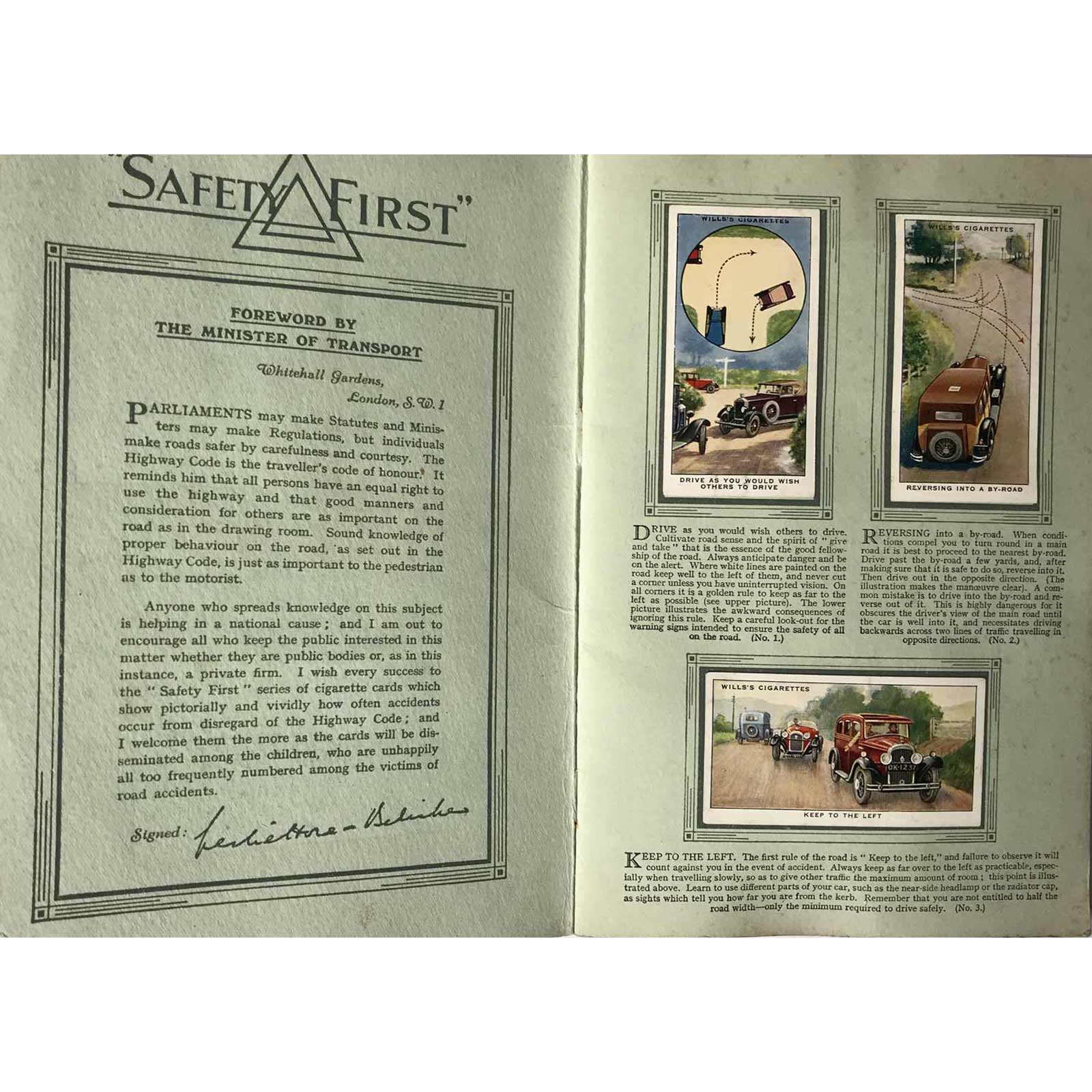
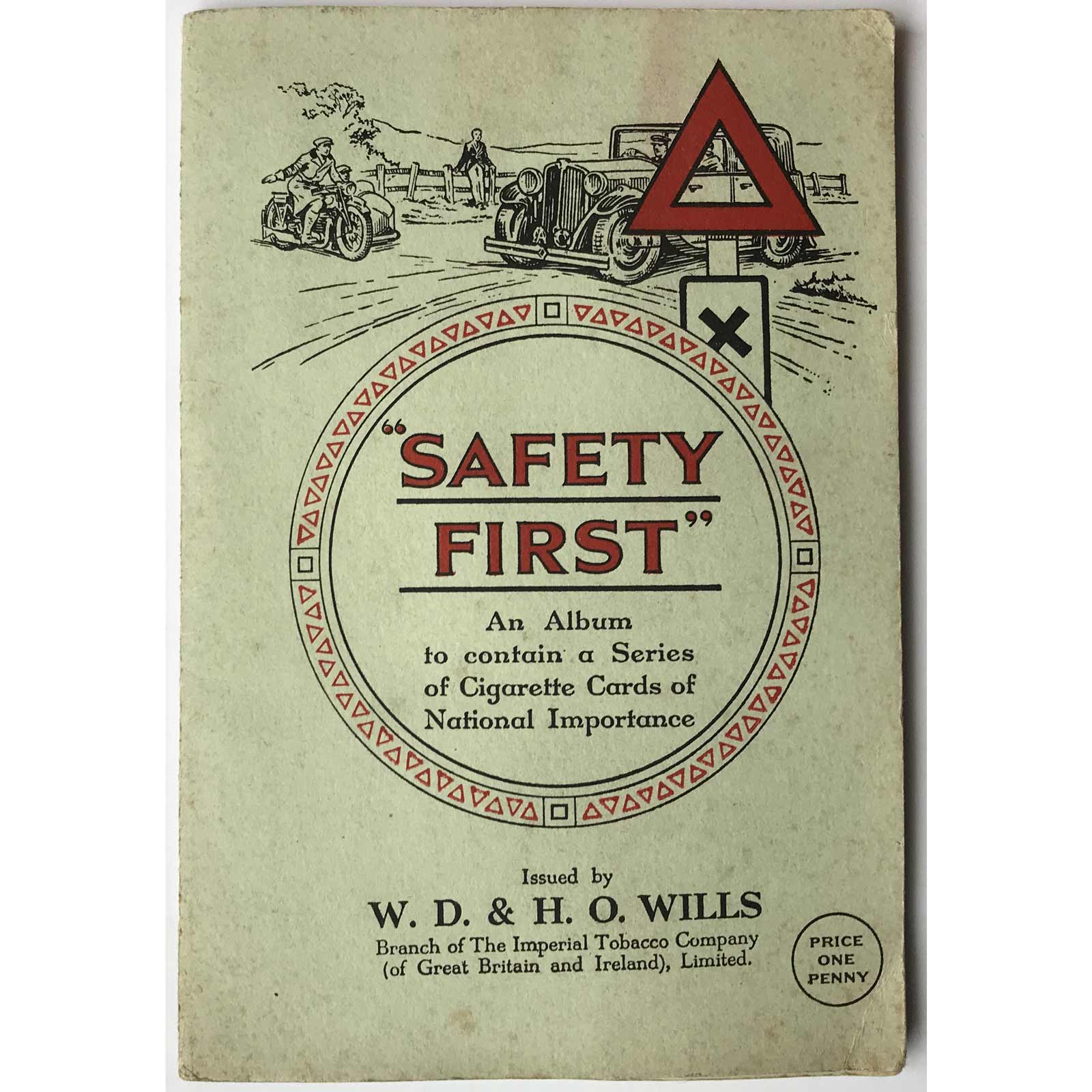
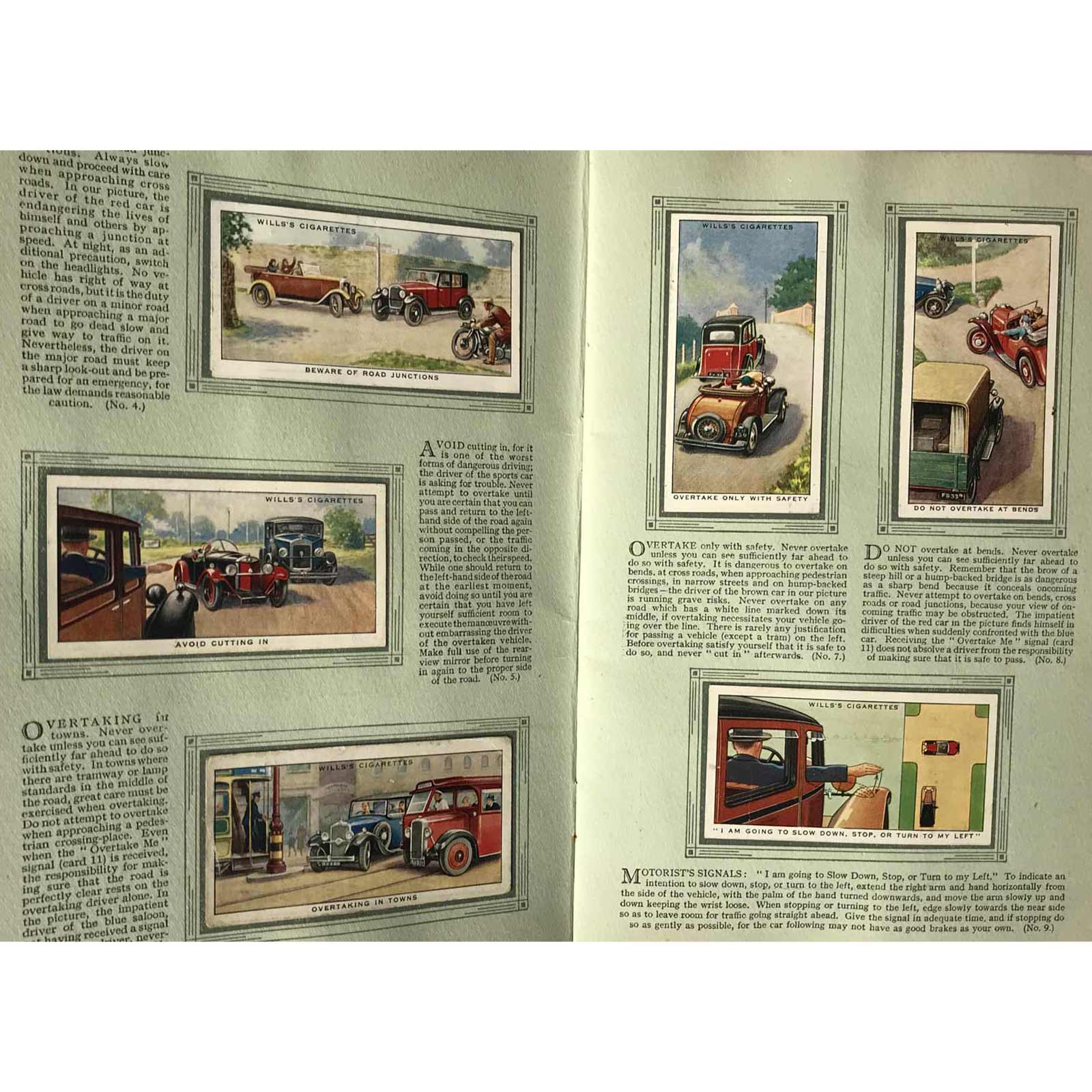
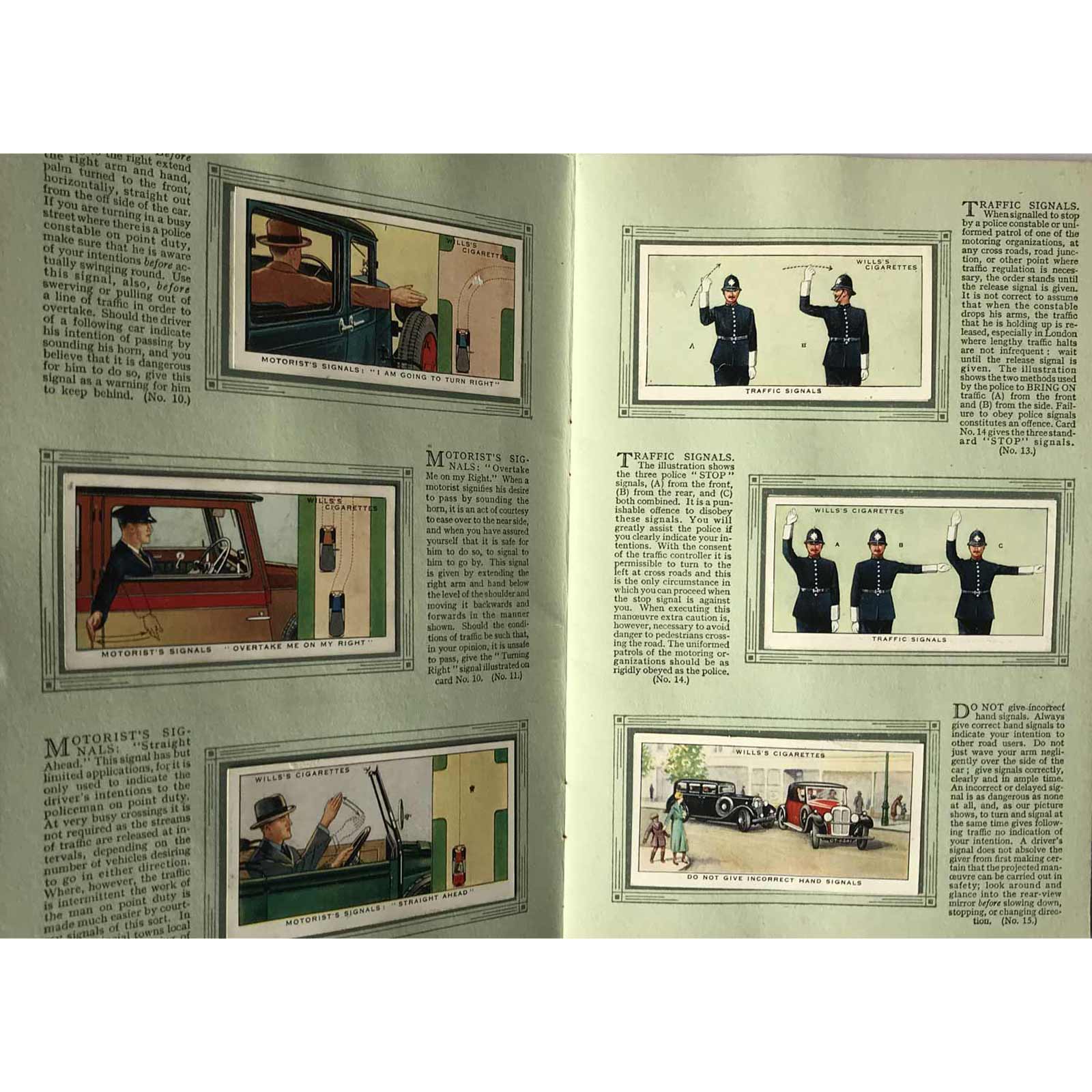

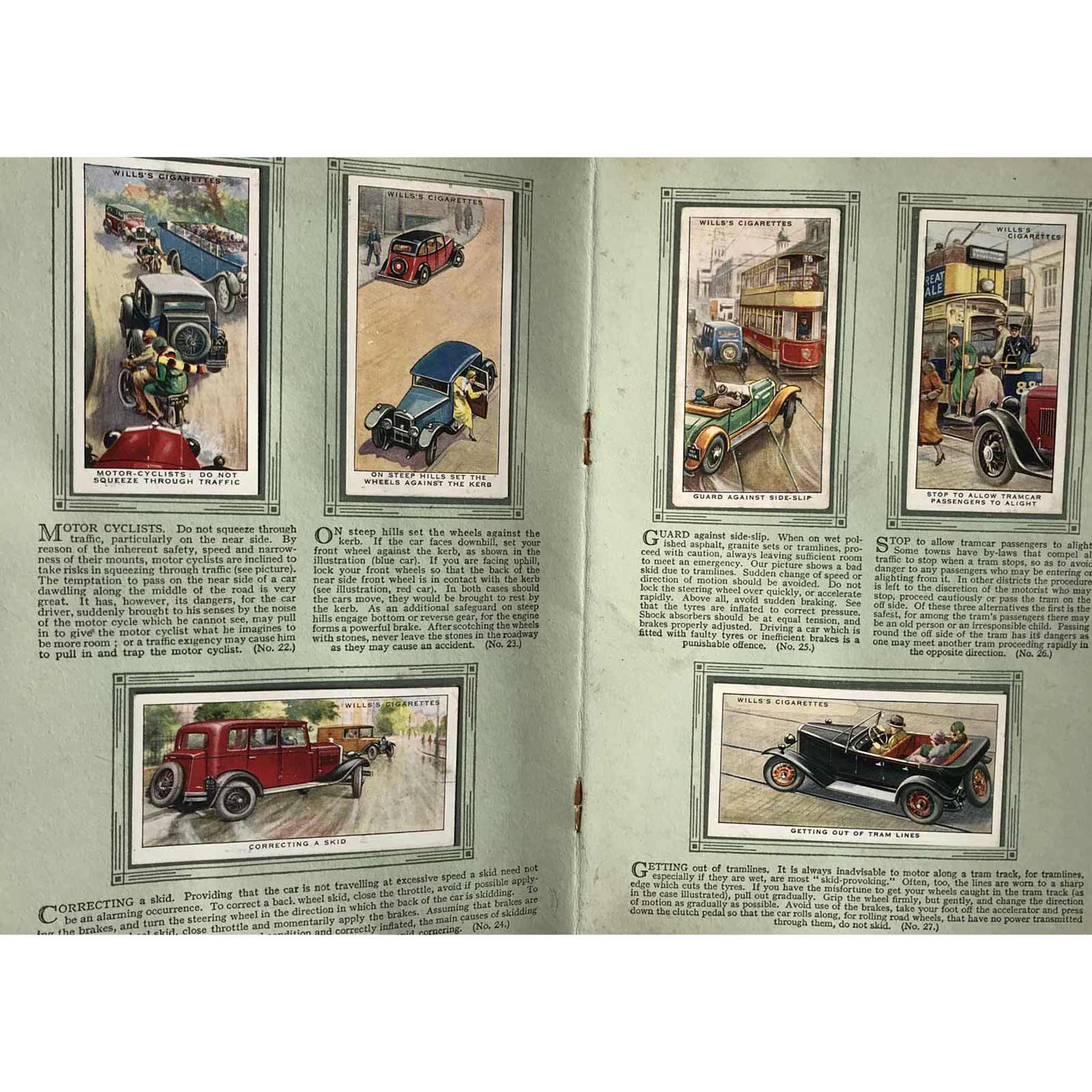
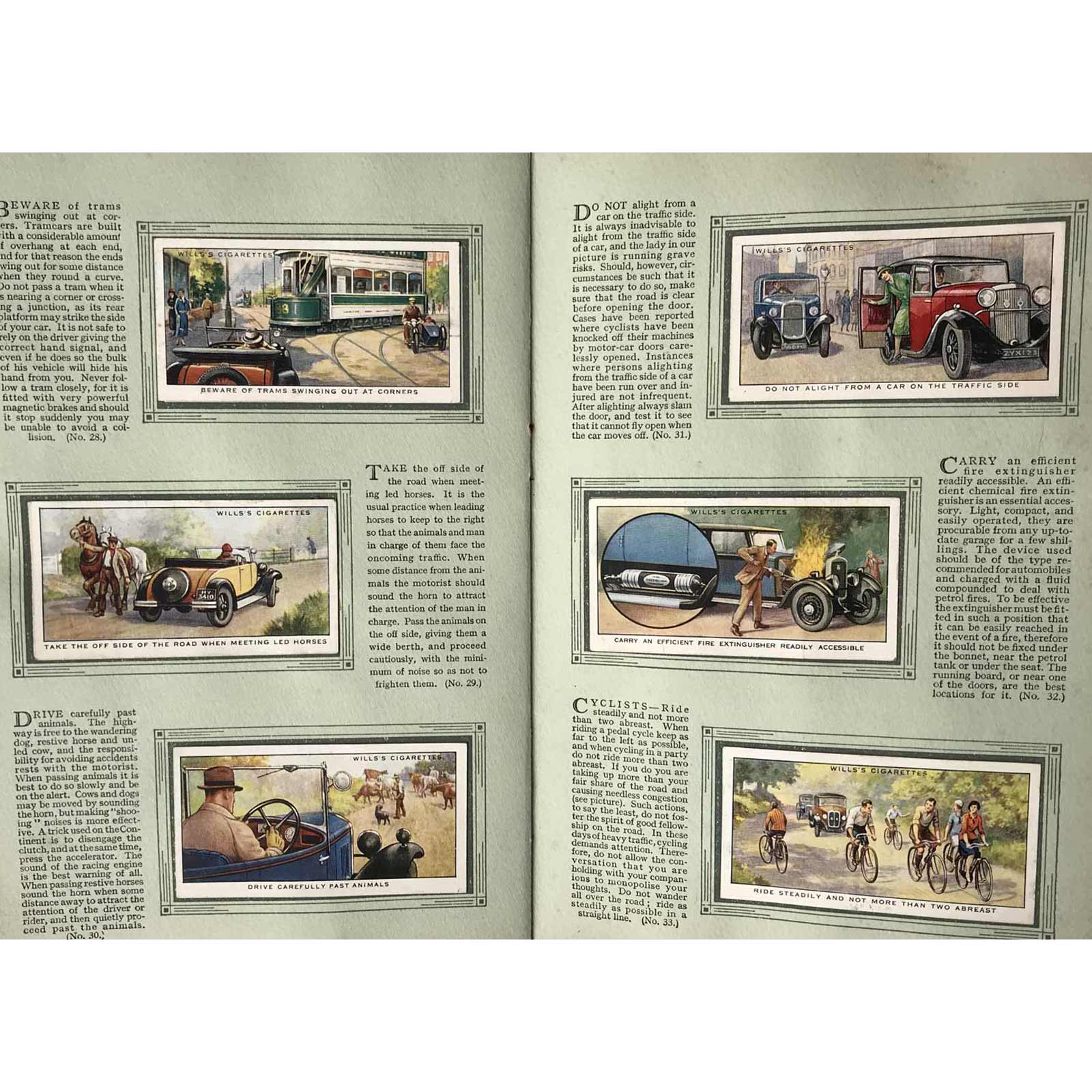
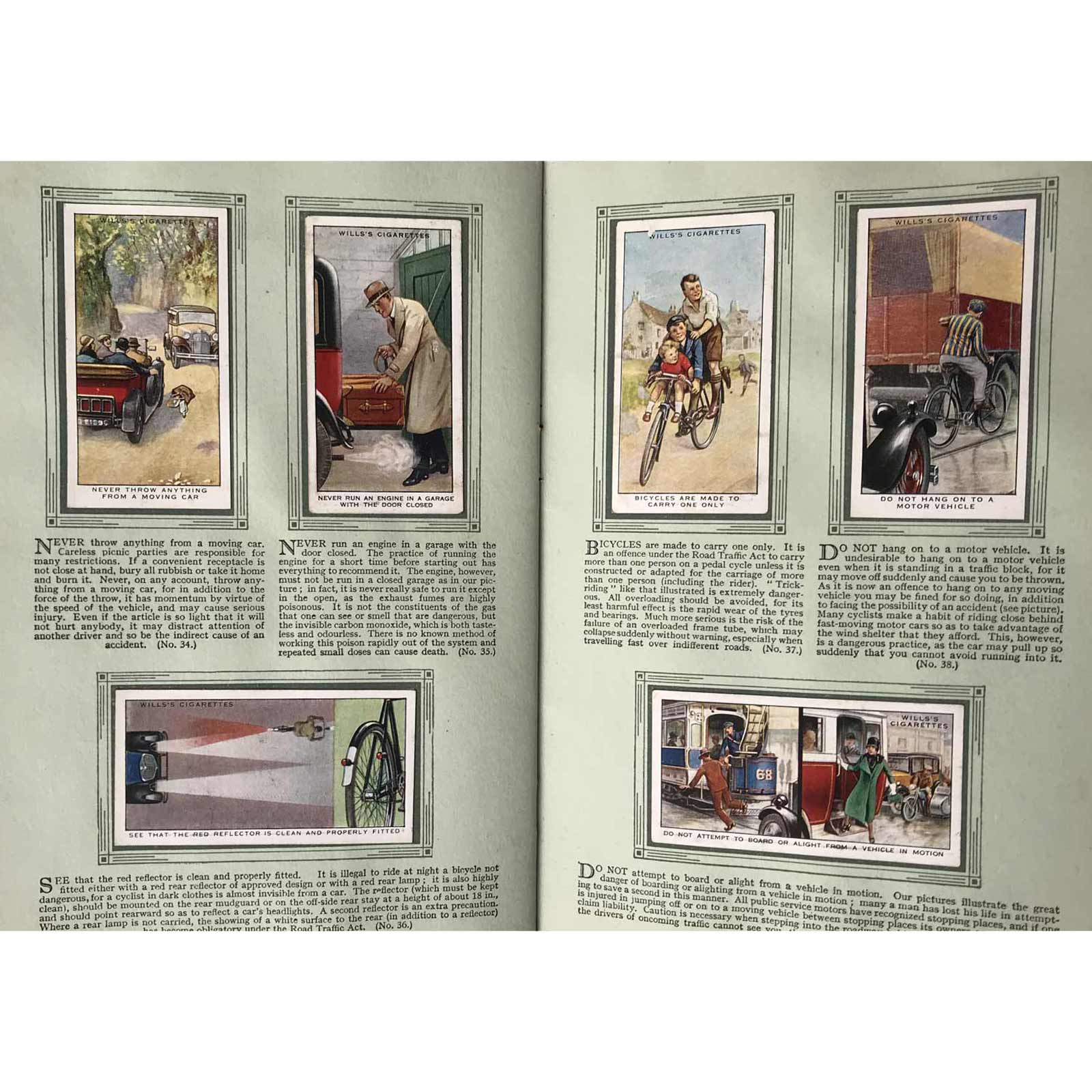
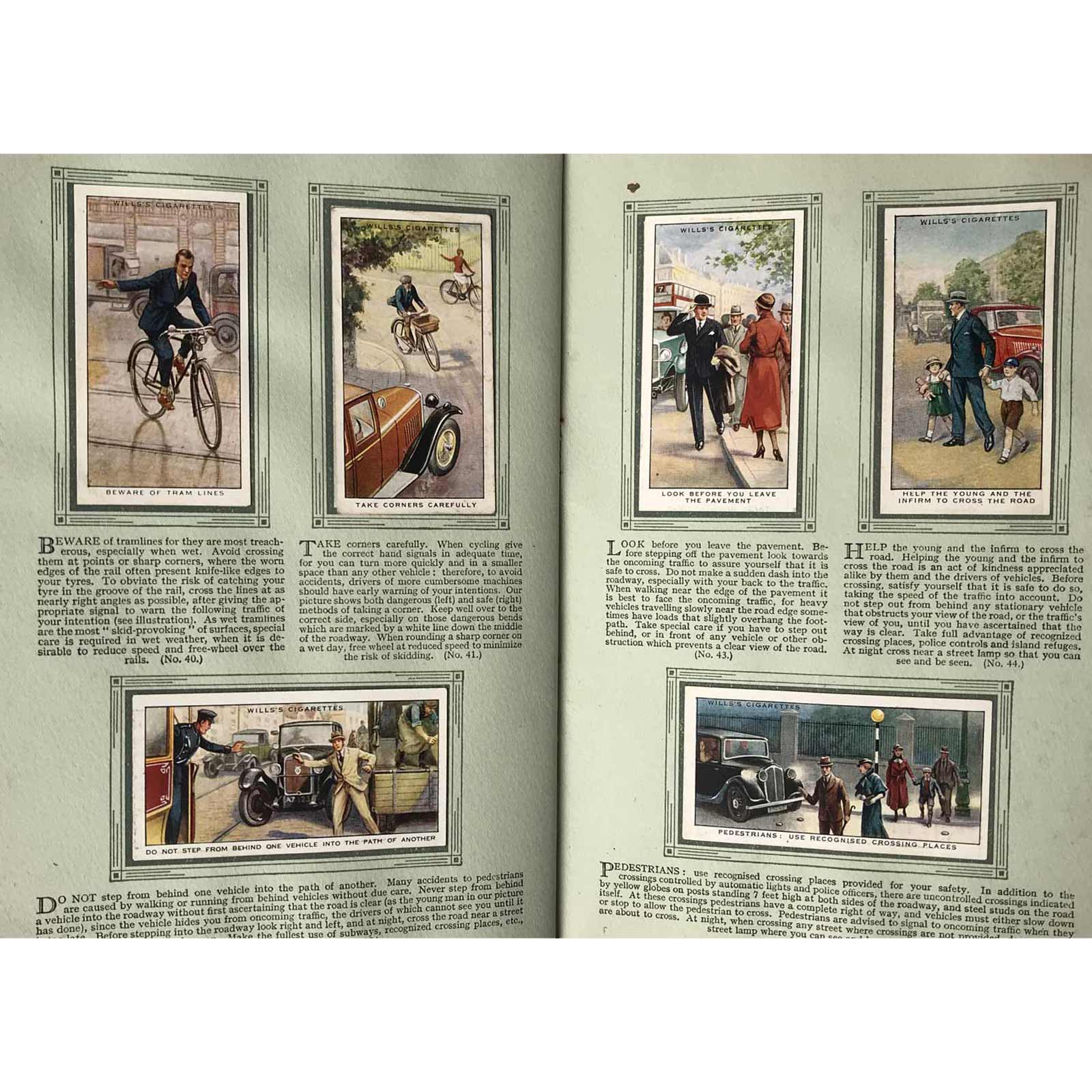
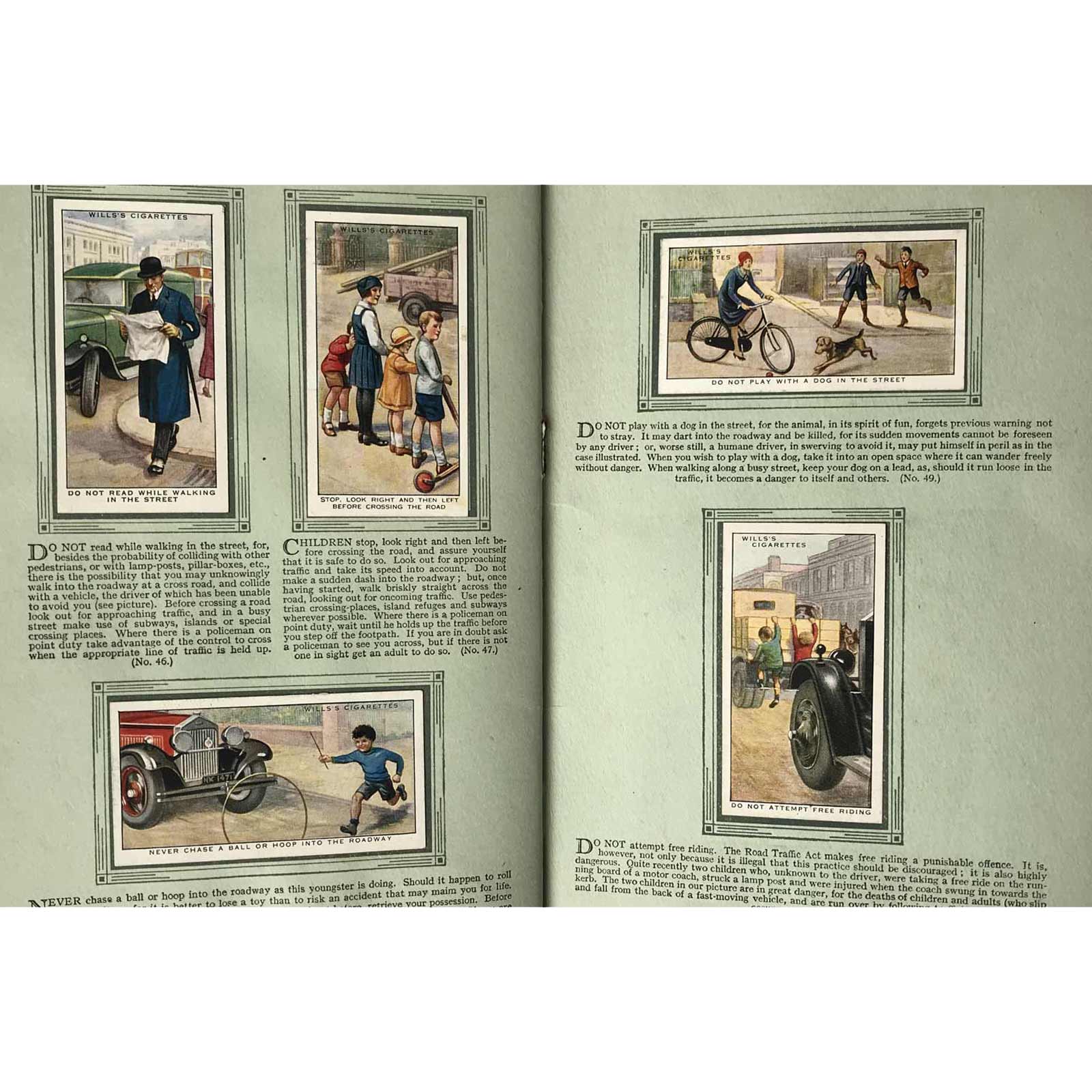
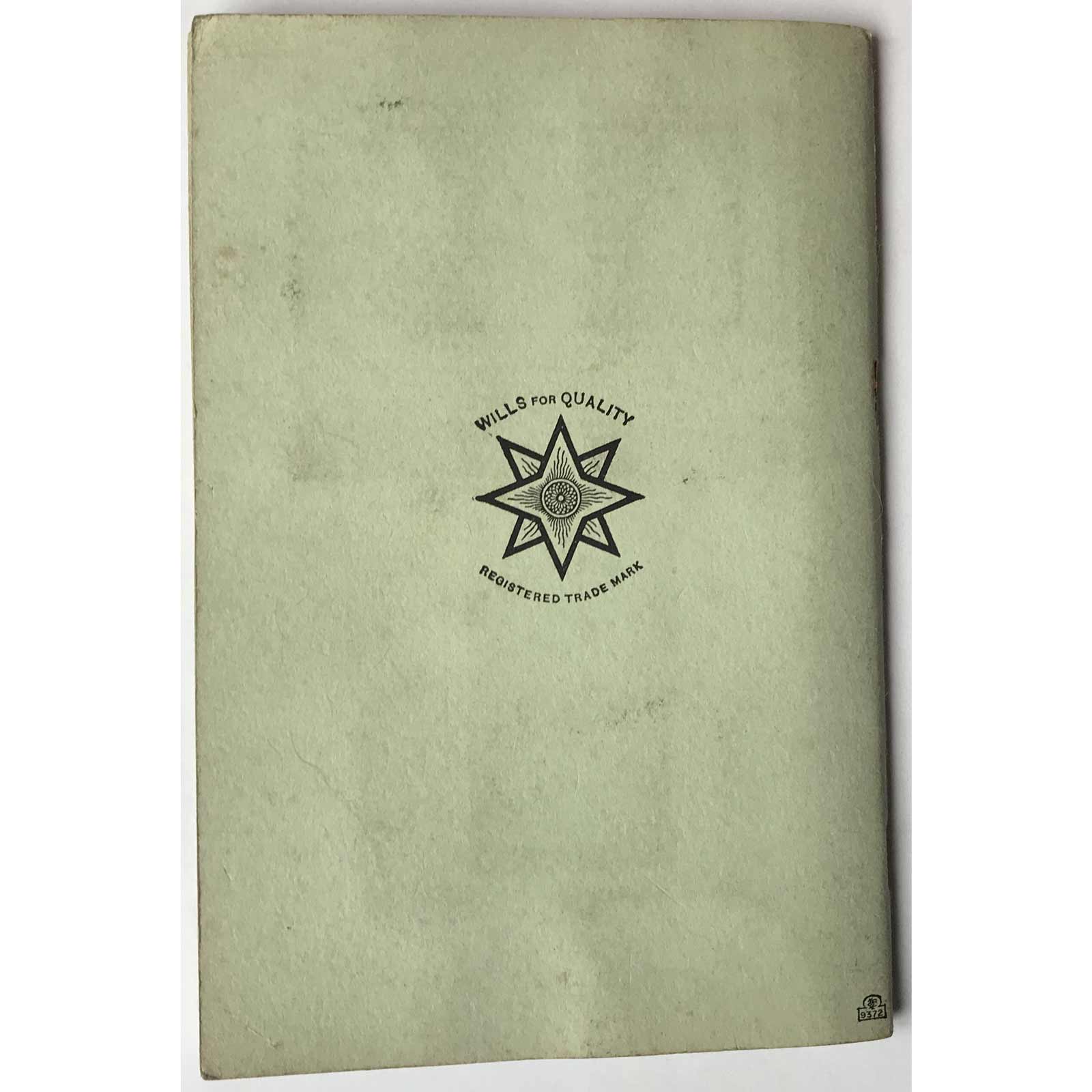
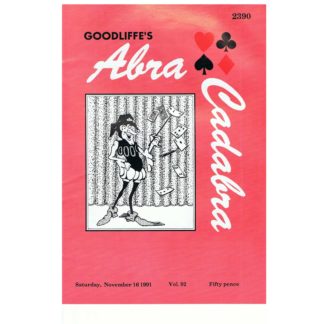
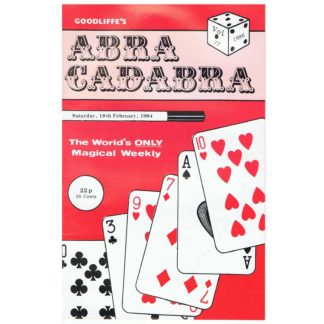
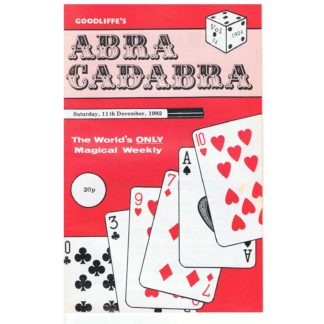
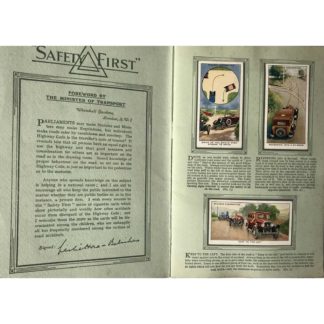
Reviews
There are no reviews yet.